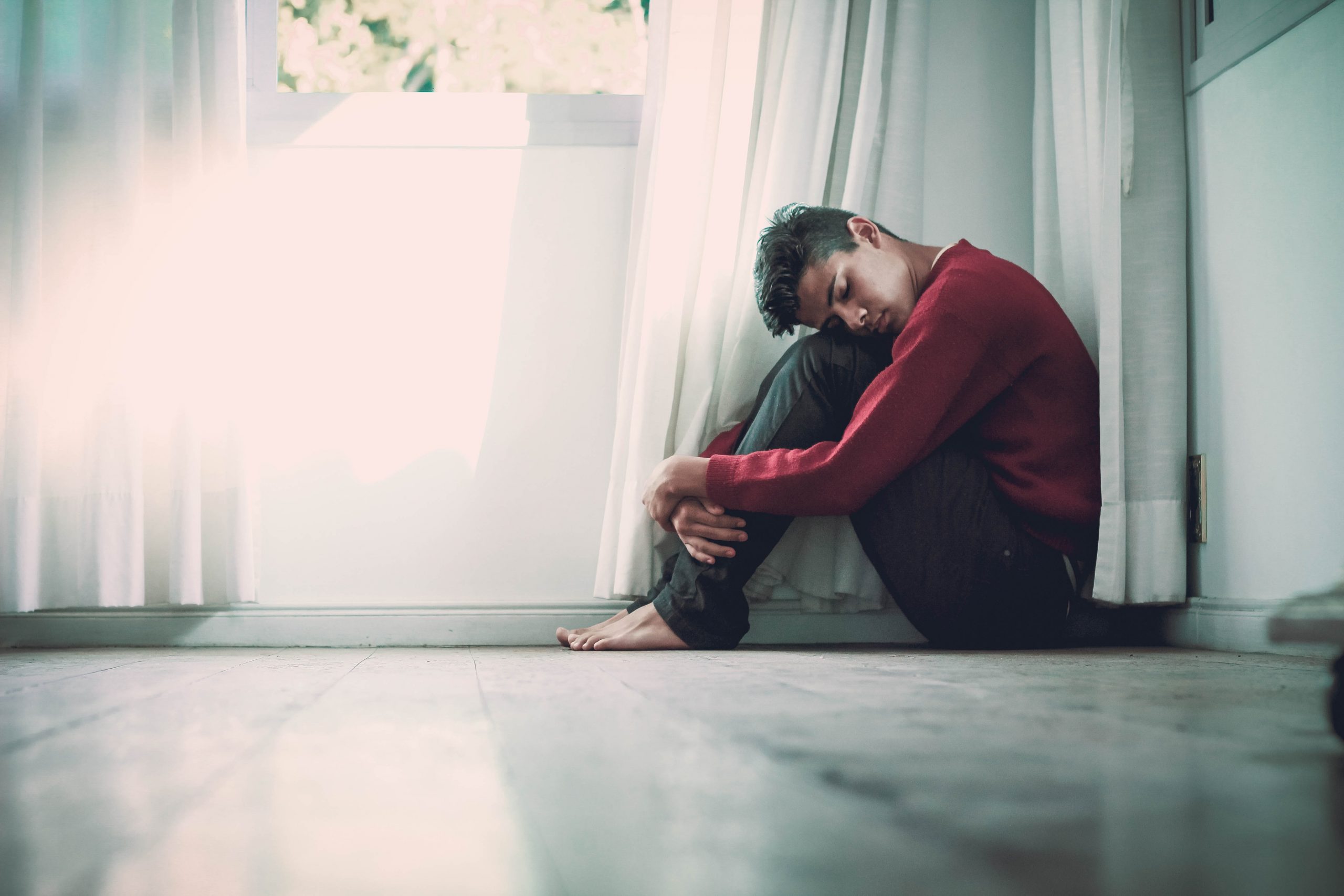
A recently released report indicates that mental health worldwide continues to decline.
The Mental Health Million Project of Sapien Labs last week issued its second report that compiled data from over 34 countries. All over the world, it found a continued decline in mental health in all age groups and genders, with English-speaking countries having the lowest mental well-being, and young people being particularly badly affected.
The research was compiled with a free and anonymous online survey that assessed a broad range of factors to create a “ Mental Health Quotient (MHQ),” which “encompasses a comprehensive view of our emotional, social, and cognitive function and capability.”
The MHQ is comprised of 47 various “elements of mental well-being,” and categorizes respondents as “clinical, at-risk, enduring, managing, succeeding, and thriving” and computes scores based on six broad dimensions of mental health: core cognition, complex cognition, mood and outlook, drive and motivation, social self, and the mind-body connection.
The research—which was initiated as the pandemic began—found that mental health outcomes were worse in 2021 than in 2020.
Across the eight English-speaking countries, there was a decline in mental well-being of 3% from 2020 to 2021, which was smaller than the 8% decline from 2019 to 2020. The percentage of people who were “distressed or struggling” increased from 26% to 30% in 2021.
The researchers found that the decline was significantly correlated with the stringency of COVID-19 lockdown measures in each country and was directionally correlated to the cases and deaths per million—indicating, unsurprisingly, that factors like grief and loneliness impacted people’s wellbeing greatly.
A few factors other were notable—mainly, that economic prosperity wasn’t a protector against poor mental health, and that younger people were doing worse than older people.
The youngest age group, those from 18–24 years old, reported the poorest mental well-being, with better mental health scores rising successively as people aged. “Some of our findings, especially regarding mental health in young adults, are alarming,” Tara Thiagarajan, Ph.D., Sapien Labs founder and chief scientist, told Medscape Medical News.
While the research didn’t definitively define why this was, some assume that technology, social media, and social isolation contributed to younger people’s struggles, and that the perils of isolation and loneliness affect people regardless of economic strata.
Of course, as the pandemic (hopefully) reaches its tail end, researchers hope improvements will be seen in next year’s data.
“Now that a lot of pandemic issue seems to be easing up, I hope we’ll see mental well-being coming back up.” said Thiagarajan.
Ideally, following long stretches of isolation, people will have renewed their commitments to community and prioritize connection. Social time with loved ones is proven to reduce anxiety, depression, and even physical ailments. It is our hope that the losses of COVID-19 helped us all realize what was most important.
SLO Recovery believes in harnessing the power of community in building and reshaping lives, and nurturing a sense of accountability and support among our clients. As the issues of mental health and addiction often intersect, we prioritize connecting our clients with the help and support they need to thrive.
Primary Mental Health Treatment In Portland
SLO Recovery Center developed our Mental Health Intensive Outpatient Program to provide comprehensive, compassionate outpatient treatment to those with mental health diagnoses and co-occurring disorders. The program is available to all adults recovering from mental health or substance abuse issues who need a supportive, empathetic environment. The program encourages patients to build healthy coping and recovery skills while treating their underlying mental health concerns.
Get in touch to learn more.

